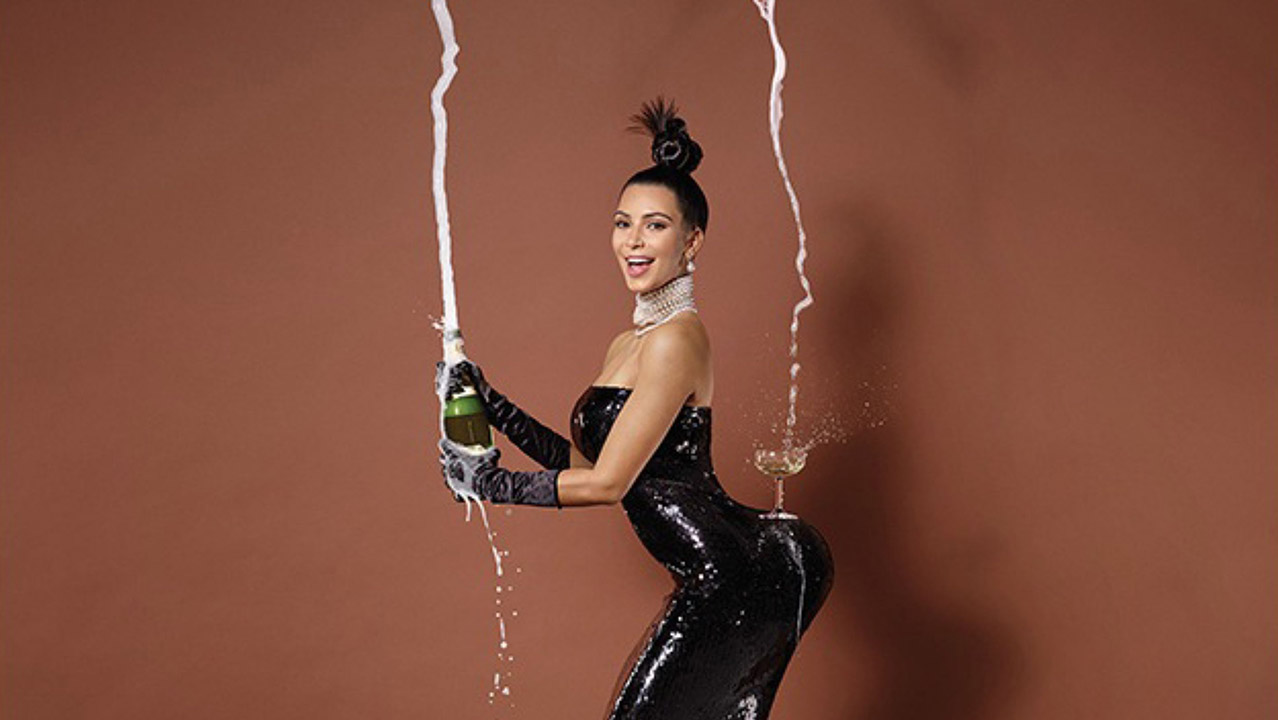Kim Kardashian may be a terrible role model for other human beings, but she is a great role model for herself. Whereas many of us seek out role models in our lives, new research published in Social Psychology & Personality Science suggests that powerful people look for inspiration within — not from others.
LiveScience talked to the study’s lead author:
“Powerful people draw inspiration from their own experiences, not from those of others,” said Gerben van Kleef, the lead researcher of the study and a professor of social psychology at the University of Amsterdam in the Netherlands. “In contrast, people with less power are better able to draw inspiration from others.”
Keep in mind, however, that this study didn’t rate actual power brokers but instead students who FELT more powerful:
The students who felt more powerful had higher baseline feelings of happiness, hopefulness, empowerment and pride than the less powerful students did. Furthermore, the more powerful students reported feeling more inspired by their own stories than by their partners’ stories compared with less powerful people, the researchers found.
In another experiment, when asked to write either about themselves or about others, students who felt powerful were more inspired when they wrote about themselves compared with the less powerful students.
A more cynical person might dismiss it as delusional people being delusional, but according to van Kleef, there’s a link between power and semi-deluded narcissists. “Narcissistic individuals may have a stronger desire to reach powerful positions, and people who hold powerful positions may over time adopt slightly more narcissistic tendencies,” van Kleef said.
And, as if you didn’t have enough reason to hate the 1%, there’s also this:
Powerful individuals have a tendency to inflate their own importance while depreciating others, and to prioritize themselves over others in social interactions,” van Kleef told Live Science. “We thought that these tendencies might extend to the ways in which powerful people become inspired.”
Powerful people also may see themselves as superior to others, he said. “We reasoned that powerful people would have a harder time appreciating the greatness of another person,” van Kleef said.
Remember that the subjects interviewed were still in school. I hope van Kleef follows up this study in another 10-15 years and shares how job-hunting and the aimlessness that can creep into post-college life affected them.
(Photo: Paper)



